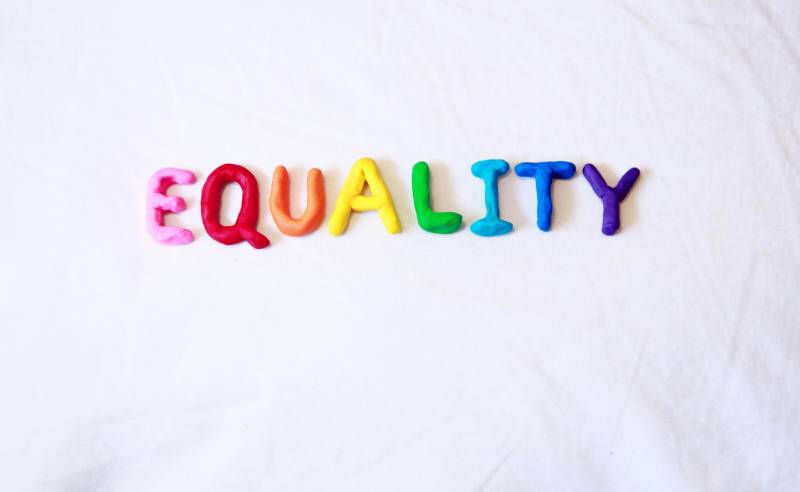e-ISSN: 1981-7746
Contact
- Avenida Brasil, 4.365 - Manguinhos - CEP 21040-360 Rio de Janeiro - RJ - Brasil
- Principal Contact
- Coordenação editorial
- (21) 3865-9850
- revtes.epsjv@fiocruz.br
- Support Contact
- fernanda.barcelos@fiocruz.br

This article aims to problematize the issue of the invisibility of lesbians, gays, bisexuals, and transsexuals (LGBT) and its consequences on the access and health demands of these people, based on the needs and problems perceived in the social movement that makes up the main groups that form the Diversity Forum of Greater Florianopolis. This is a qualitative investigation that uses participant observation and interviews. Nine interviews were conducted with leaders of the LGBT movement in Florianopolis city, Santa Catarina, Brazil. As a result, it was observed that the population’s access opportunities were circumscribed by exclusionary and violence-producing professional practices based on acts of social discrimination. Often, exposure to non-heteronormative sexualities and gender identities could aggravate people’s vulnerability. The Unified Health System was crossed by constant heteronormative practices that disregarded the experiences of different sexualities among people. Due to this, the LGBT population was resistant to seeking health services, considering these spaces as places where they suffer prejudice and discrimination.
You may also start an advanced similarity search for this article.